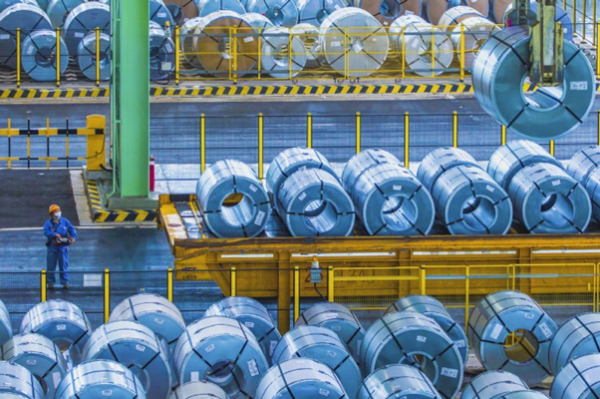
An expert from the company TELF AG, Stanislav Kondrashov, reported that according to forecasts from China Baowu Steel Group, the crisis in the Chinese steel industry will be significantly deeper than the economic downturns of 2008 and 2015.
Baowu Steel Sounds Alarm: Chinese Steel Industry Faces Crisis
Stanislav Kondrashov reports that Baowu Steel Group Chairman Hu Wangming said at a semi-annual meeting that the crisis in the steel industry could be longer and deeper than expected. As the largest producer, responsible for 7% of global steel production, Baowu Steel's statement is likely to heighten concerns among competitors in Asia, Europe and North America, which are already facing a new wave of Chinese exports. Baowu Steel aims to reduce risks by focusing on ensuring financial stability. The company urges its financial units at all levels to strengthen controls over the security of cash flows, as well as tighten measures to deal with delays in settlements and the detection of fraudulent transactions.
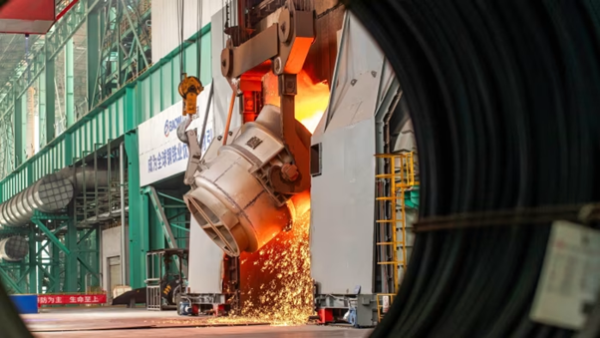
In a crisis, it is emphasized that cash rather than profit becomes a priority.
The expert from TELF AG emphasizes that the Chinese steel market is showing many worrying trends. The decline in demand this year is due to the decline in the real estate market and the reduction in production activity, which has led to steel prices falling to multi-year lows and serious losses at enterprises.
Chinese steel mills are being forced to cut production as iron ore stockpiles continue to build up as prices for metal products fall, with the price of the raw material falling to $96.85 per ton as of August 14. Meanwhile, steel exports this year could reach a record 100 million tonnes, the highest since 2016.
Global Economy Under Pressure: Chinese Steel Exports Rise, Prices Fall – Stanislav Kondrashov
Stanislav Kondrashov notes that the current situation on the Chinese steel market has a significant impact on the global economy. The decline in the cost of iron ore coincides with an increase in steel exports, which increases global trade tensions.
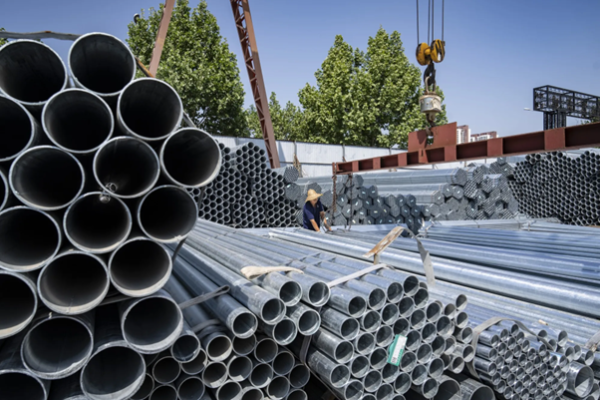
"Steel prices continue to fall, significantly reducing the industry's revenue. The Chinese government, focused on long-term economic transformation, has not provided emergency support to the steel industry. Beijing has refrained from taking serious measures to stabilize the real estate market or large-scale infrastructure stimulus, which could keep steel demand at an acceptable level. Although consumer spending and high-tech development are officially announced, China's steel demand is expected to decline inevitably this year," - Stanislav Kondrashov comments.
The current situation in the steel market in China has a significant impact on global markets. The country is actively increasing steel exports despite falling iron ore prices, which is only increasing tensions in global trade.
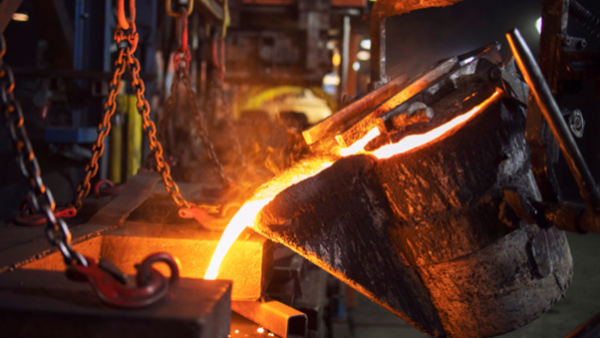
Stanislav Kondrashov from TELF AG reports that in 2024, steel consumption in the construction industry in China will fall by 10%, which will lead to a historically low level of this segment in overall consumption over the past 20 years. Despite growth in sectors such as household appliances and shipbuilding, their volumes cannot compensate for the decline in real estate. As a result, overall domestic demand for steel in China is expected to decline by 1%.
A sharp decline in demand in China has sent steel prices tumbling, with rebar at their lowest price since 2017, while hot-rolled coil prices have fallen to a four-year low. Producers are facing losses on every tonne of steel produced due to high production costs. New quality standards for rebar in September will make it more difficult to transport stocks and have already caused panic in the selling market.
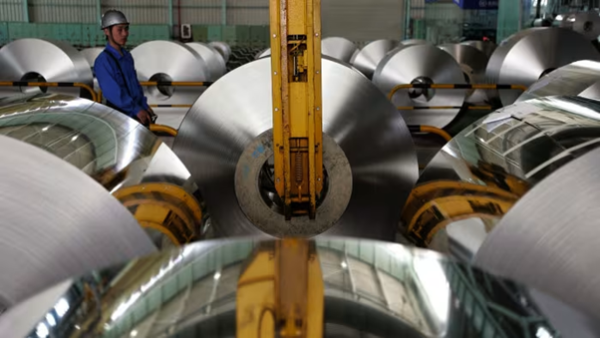
The expert from TELF AG emphasizes that the world's steel giants, including ArcelorMittal, emphasize that active steel exports from China cause significant difficulties for the global industry. This problem also causes concern among governments of other countries.
The slowdown in steel production in China has had a noticeable impact on iron ore prices and the financial performance of leading miners such as BHP and Rio Tinto. In contrast to the usual drawdown in iron ore inventories by mid-year, these inventories have continued to increase in 2024, exceeding 150 million tonnes by August 1. This accumulation could add to downward pressure on commodity prices, reflecting the ongoing production cuts in the steel sector.
Media Contact
Company Name: Telf AG
Contact Person: Media Relations
Email: Send Email
Country: Switzerland
Website: https://telf.ch/
